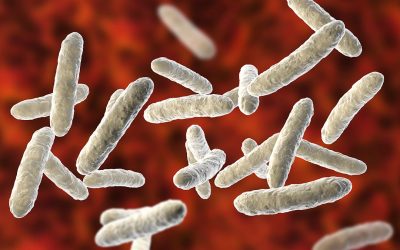“Europe needs standards on emissions”
There is a need for European standards on CO2 emissions per product, emission rights should no longer be allocated per company but per product and a European Agency is needed to prevent the overall emissions ceiling from being exceeded.
These are the words that Jan Zuidam, deputy chairman of DSM’s Managing
Board, spoke in Amsterdam this week at the presentation of the company’s Triple P Report for 2006 (Triple P = People, Planet,
Profit).
Since 1980 DSM has become 25% more energy efficient. Benchmark
studies have shown that DSM’s Dutch-based plants are among the most energy
efficient in the world.
DSM moreover works according to the principle
that by 2010 all of its plants, wherever they are in the world, should as a
minimum meet the environmental standards that apply in Europe and the United
States.
DSM’s energy efficiency is currently improving at a rate of 1%
per year on average. However, according to DSM the emissions trading system that
was introduced in 2005 to encourage companies to reduce their CO2 emissions is
proving to be an impediment rather than a useful tool.
“Efficient plants
that reduce their emissions do not benefit from this because it means they will
be granted fewer rights in the next allocation round. At the same time,
inefficient plants with higher emissions will be granted higher emissions
allowances,” said Jan Zuidam.
“If Europe wants to be an attractive region
for a modern, efficient industry, it should make sure the emissions trading
system supports this aim.
“DSM has developed a method to make sure that the overall
emissions ceiling in Europe will not be exceeded. However, in order for this to
work, the allocation of emission rights should be managed at the European level.
We would therefore welcome the establishment of a European Emissions
Agency.”
To receive the AllAboutFeed newsletter click here.












